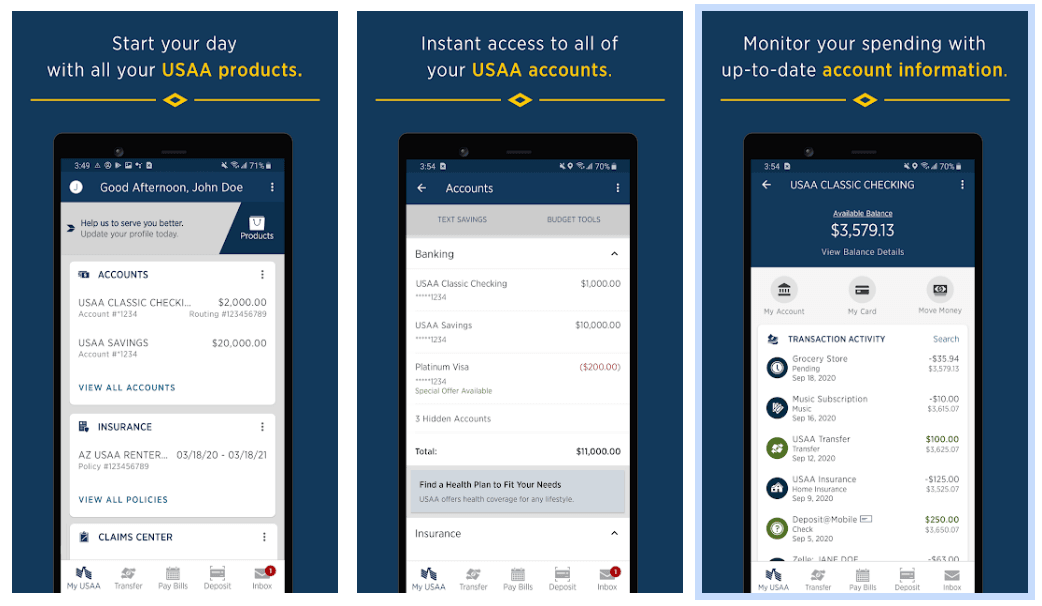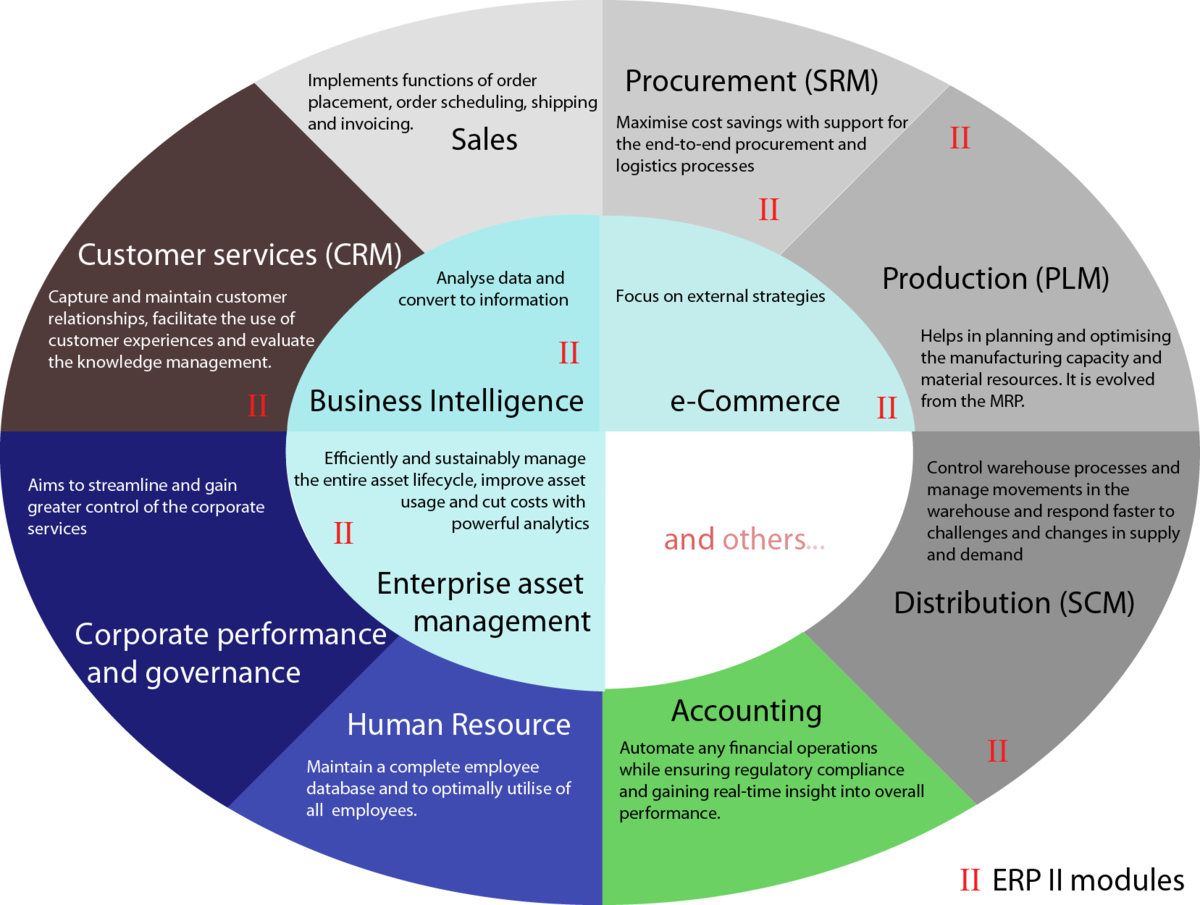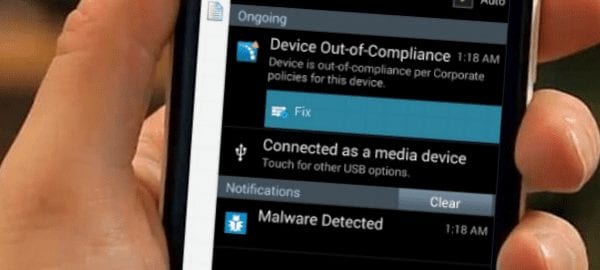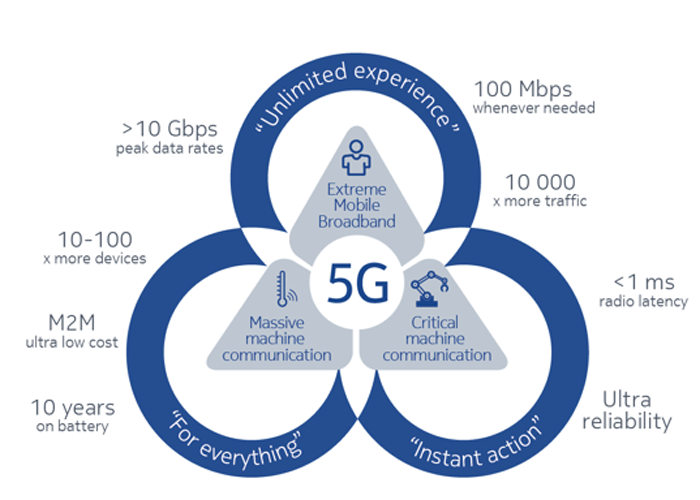Upwards of 92 of respondents said they wanted the option to work from home in some capacity. While the Covid-19 pandemic has.
 Hybrid Working Is The Future Our Work Should Be As Flexible As We By Zach Cohen Prototypr
Hybrid Working Is The Future Our Work Should Be As Flexible As We By Zach Cohen Prototypr
Remote work has been an overwhelming success for both employees and employers.

Remote work future. As we transition to this new virtual world what does the future of work look like. Hear their real-time perspectives on workplace strategy virtual collaboration and workforce reskilling. And that was before coronavirus forced most of us to start working remotely.
The CEO of Connecticut-based Distribute Consulting Farrer said companies are now having to make the leap immediately and improvisationally. In 2018 Americans commute time averaged 271 minutes each way or about 45 hours a week. For most companies having employees work.
Many have been surprised by the benefits of remote work while others have struggled with productivity and. Remote employees work an additional 14 more days per month than in-office employees which is nearly 17 additional workdays a year. The future of remote work is likely to be hybrid in the wake of the COVID-19 pandemic mostly for a highly educated well paid minority of the workforce.
Across geographies US employees are the most interested in having access to remote work with nearly a third saying they would like to work remotely full time. In describing the hybrid model of the future more than half of government and corporate workers report that they would like to work from home at least three days a week once the pandemic is over. In March millions of office workers left their cubicle desks and havent returned since.
In all this global shift to remote work has created both opportunities and challenges for the future of our workforces. During less tumultuous times according to remote work strategist Laurel Farrer it typically takes six to 12 weeks for a smooth transition from on-site to remote work. Large and small companies were already adopting remote work.
The shift in positive attitudes toward remote work is evident. Eliminating that commuteparticularly in places where most. Leaders in the Technology Media and Telecommunications TMT industry share the ongoing realities of the new workplace and the future of remote work in 2021.
Remote work is not just an experiment that tech startups are trying out. The office is here to stay but its role is set to change. Its been estimated that by 2025 70 of the workforce will work remotely at least five days in a month.
Remote Work Is Also the Future Although the report claims that remote work is the present its important to note that it will play a much stronger role in the future of work. More than 40 of remote workers plan to work remotely more frequently in the future and more than 50 of on-site workers saying they want to work remotely in the future. On the positive side the unique circumstance of working and learning from home as a family has created more empathy between teammates and shifted perceptions held by both managers and employees that work can be done remotely.
February 2 2021 at 405 pm companies like Twitter Nationwide Shopify and many others offering remote work options to all employees its clear that whats happening isnt just a trend. 83 of employers now say the shift to remote work has been successful for their company compared to 73 in our June 2020 survey. Remote work 2021 and the Future of Remote Work - says.
Remote work helps the environment as well. Based on the startup responses a realistic post-pandemic work scenario could involve 3 to 5 days of remote work a week with a couple dedicated in-office days for the entire team. The future of remote work will require many changes including investing in digital infrastructure and freeing office space.
























